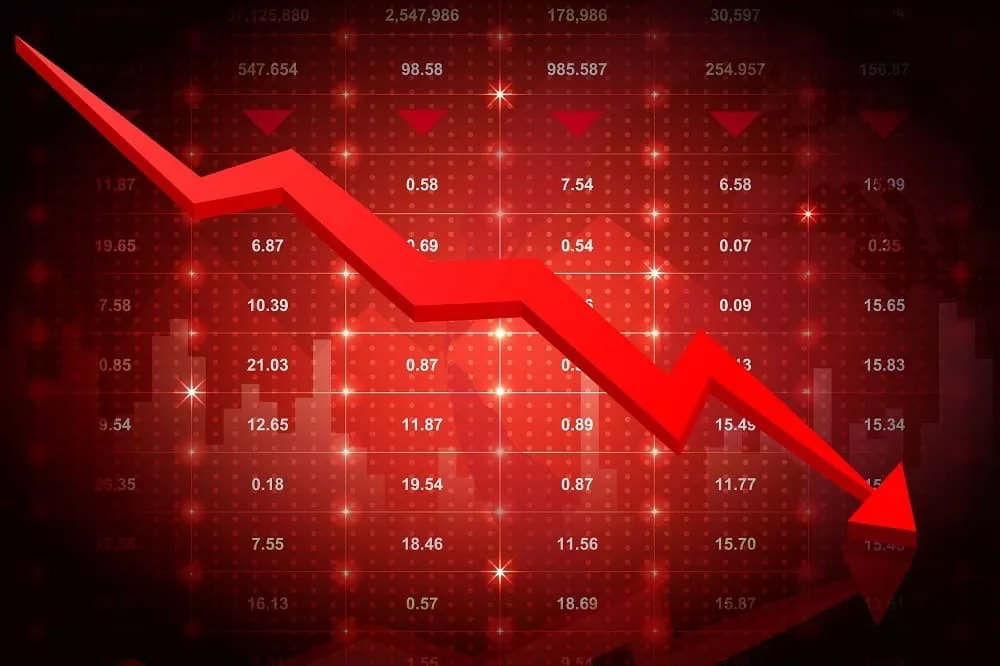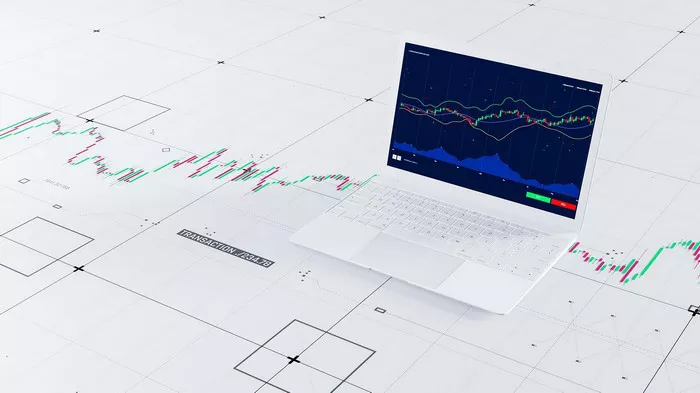The world of stocks and investments can seem complex, especially when trying to understand the various metrics and indicators that investors use to assess a company’s value. One such key concept is market capitalization or “market cap.” In this article, we will delve into what market cap is, how it’s calculated, why it matters, and how it can affect your investment strategy.
Understanding Market Capitalization
Market capitalization refers to the total value of all outstanding shares of a company’s stock. It is a way to measure a company’s overall size in terms of its equity value in the market. Investors use market cap as an indicator of a company’s financial stability and growth potential.
The Formula for Market Cap
The formula for calculating market capitalization is simple:
Market Cap = Share Price x Total Outstanding Shares
For example, if a company’s stock is priced at $50 per share, and there are 10 million shares outstanding, the market cap would be:
$50 x 10,000,000 = $500,000,000
Thus, the company has a market capitalization of $500 million.
Types of Market Cap
Market cap can be categorized into several types based on the size of the company. These categories help investors determine the risk and growth potential associated with a stock.
Small-Cap Stocks
Small-cap stocks have a market cap of less than $2 billion. These companies are often newer, emerging, or in the early stages of growth. While small-cap stocks offer high growth potential, they also carry a higher risk due to their volatility and less-established market presence.
Mid-Cap Stocks
Mid-cap stocks have a market cap between $2 billion and $10 billion. These companies are typically more established than small-cap stocks but still have room for growth. They offer a balance between risk and reward, making them attractive to investors looking for moderate growth potential.
Large-Cap Stocks
Large-cap stocks have a market cap of more than $10 billion. These companies are usually well-established, with a significant market presence. Large-cap stocks are typically more stable, with a proven track record of steady growth and profitability. They are often considered safer investments, but with lower growth potential compared to smaller companies.
Mega-Cap Stocks
Mega-cap stocks have a market cap of over $200 billion. These are the largest companies in the world, such as Apple, Microsoft, and Amazon. Mega-cap stocks are typically considered blue-chip stocks, meaning they are stable, reliable, and less volatile. While their growth potential may not be as high as smaller companies, they provide security and consistent returns.
Why Market Cap Matters
Market cap serves as a valuable tool for investors, offering insights into a company’s size and financial health. Here are several reasons why market cap matters:
1. Risk Assessment
The size of a company can influence its risk profile. Small-cap stocks tend to be riskier but have the potential for higher returns, while large-cap stocks are generally less risky but offer steadier, more predictable growth.
2. Portfolio Diversification
Market cap is essential for creating a balanced investment portfolio. A well-diversified portfolio includes a mix of different market caps, which helps manage risk. For example, you might have large-cap stocks for stability, mid-cap stocks for growth, and small-cap stocks for higher potential returns.
3. Investment Strategy
Market cap influences your investment strategy. Some investors may choose to focus on small-cap stocks for their growth potential, while others may prefer the stability and reliability of large-cap stocks. Knowing the market cap of a company helps investors decide which stocks align with their risk tolerance and financial goals.
4. Economic Impact
The market cap of companies also reflects their significance in the broader economy. For instance, the largest companies in the world often have a significant influence on the market, and their performance can impact global financial markets.
The Relationship Between Market Cap and Stock Price
While market cap and stock price are related, they are not the same. A company’s stock price is simply the cost of one share of stock, while market cap represents the total value of all its shares combined.
For example, a company could have a high stock price but a relatively small market cap if it has a low number of outstanding shares. Conversely, a company with a lower stock price but a large number of shares could have a higher market cap.
Stock Price vs. Market Cap Example
Let’s consider two companies:
Company A: $100 per share, 1 million shares outstanding.
Company B: $50 per share, 3 million shares outstanding.
Despite Company A having a higher stock price, its market cap is:
$100 x 1,000,000 = $100 million
Meanwhile, Company B’s market cap is:
$50 x 3,000,000 = $150 million
In this case, Company B has a higher market cap despite having a lower stock price. This illustrates why market cap is a better indicator of a company’s value than stock price alone.
How Market Cap Affects Investment Decisions
Market capitalization can play a significant role in shaping investment decisions. Investors use market cap as a key factor when assessing the potential growth and stability of a company.
Stability vs. Growth
Large-cap and mega-cap stocks are often seen as stable investments, offering steady returns with lower risk. Investors who prioritize stability may lean toward large-cap stocks, which are less likely to experience dramatic fluctuations in price.
On the other hand, small-cap stocks offer higher growth potential but come with greater risk. Investors who are willing to take on more risk in exchange for potentially higher returns may focus on small-cap stocks.
Market Sentiment
The market cap of a company can influence investor sentiment. Large-cap companies are often viewed as more reliable investments, and their stock prices tend to be less volatile. In contrast, small-cap stocks can experience more rapid price movements, which can attract traders looking for short-term gains.
Performance Benchmarking
Market cap can be used as a benchmark for measuring a company’s performance relative to others in the same industry or sector. Comparing companies of similar market cap can provide insights into which companies are performing better in terms of growth, profitability, and market value.
How Market Cap Is Used in Stock Indexes
Market cap is a crucial factor in the construction of stock market indexes. Stock indexes like the S&P 500, Nasdaq-100, and Dow Jones Industrial Average use market cap to determine which companies are included and how they are weighted within the index.
Weighting of Stocks in Indexes
In a market-cap-weighted index, the companies with larger market caps make up a larger portion of the index. This means that movements in the stock prices of large-cap companies can have a more significant impact on the overall performance of the index.
For example, in the S&P 500, companies like Apple, Microsoft, and Amazon have a significant influence on the index’s performance due to their large market caps. Conversely, small-cap companies in the index have a smaller impact on the index’s performance.
The Role of ETFs and Mutual Funds
Market-cap-based index funds, including exchange-traded funds (ETFs) and mutual funds, also use market cap to determine the allocation of stocks. These funds aim to track the performance of an index, and by investing in such funds, investors gain exposure to a diversified portfolio of stocks across different market caps.
The Limitations of Market Cap
While market cap is an essential tool for evaluating companies, it is not without its limitations.
1. Ignoring Debt Levels
Market cap does not account for a company’s debt. A company with a high market cap but significant debt may not be as financially healthy as it appears. Investors should consider other metrics, such as debt-to-equity ratio, when assessing a company’s financial health.
2. Lack of Insight into Profitability
Market cap does not provide insights into a company’s profitability. A company with a high market cap may not necessarily be profitable, and a company with a lower market cap may be highly profitable. Investors should look at other financial ratios like earnings per share (EPS) and profit margins for a more complete picture.
3. Oversimplification of Value
Market cap can oversimplify a company’s value. Two companies with the same market cap may have vastly different business models, growth potential, and risk profiles. Investors should consider market cap alongside other factors like revenue growth, earnings stability, and competitive positioning.
Conclusion
Market capitalization is a crucial metric in the world of investing. It provides a snapshot of a company’s total value in the market, helping investors gauge its size, stability, and growth potential. By understanding market cap and its different categories—small-cap, mid-cap, large-cap, and mega-cap—investors can make more informed decisions based on their investment goals and risk tolerance.
Although market cap is an essential tool, it should not be the sole factor in evaluating a company. It is vital for investors to consider other financial metrics and factors to form a comprehensive investment strategy. With the right understanding of market cap, investors can navigate the stock market with more confidence, whether they are looking for stability or higher growth opportunities.
Related topics:
































